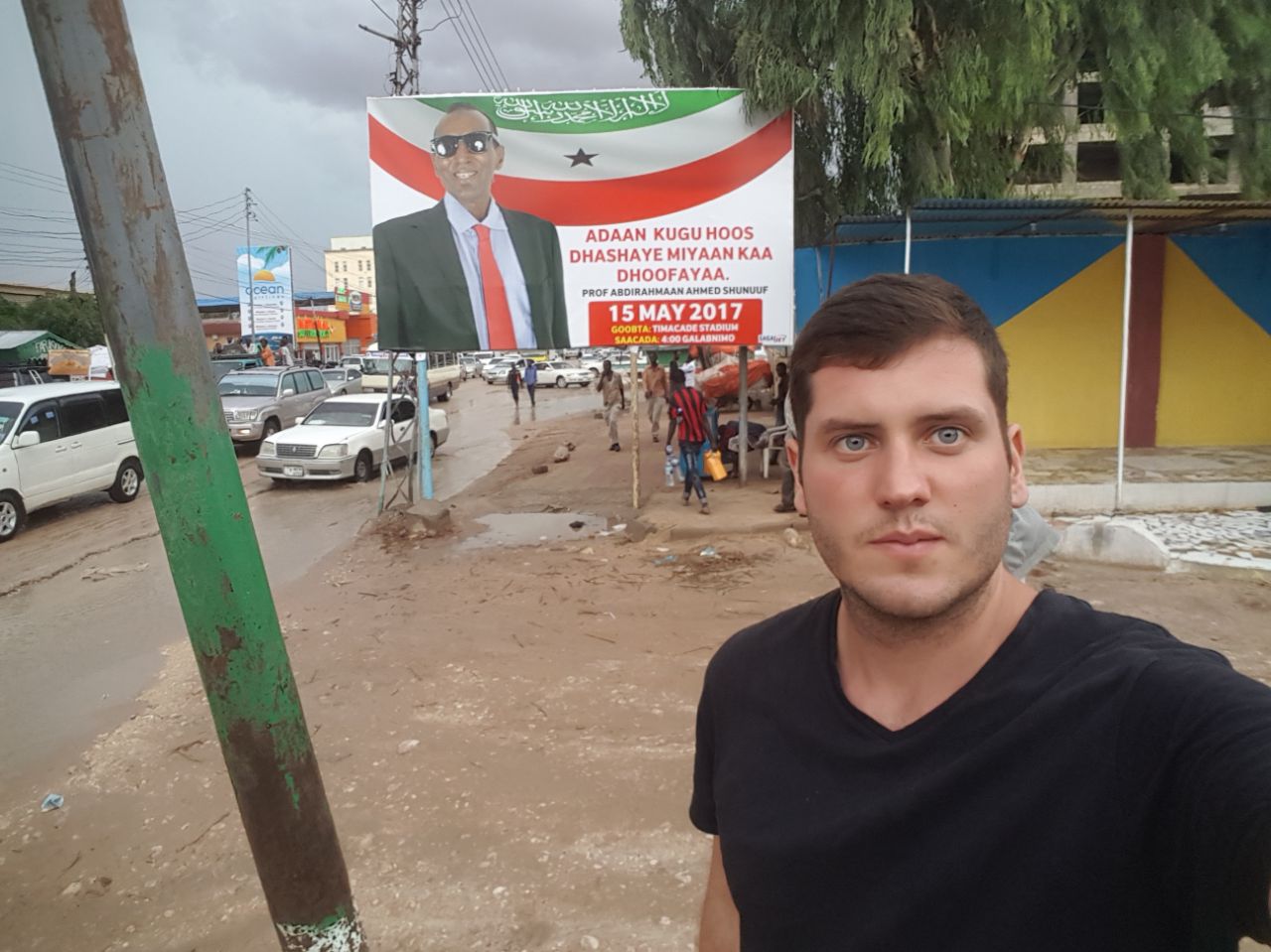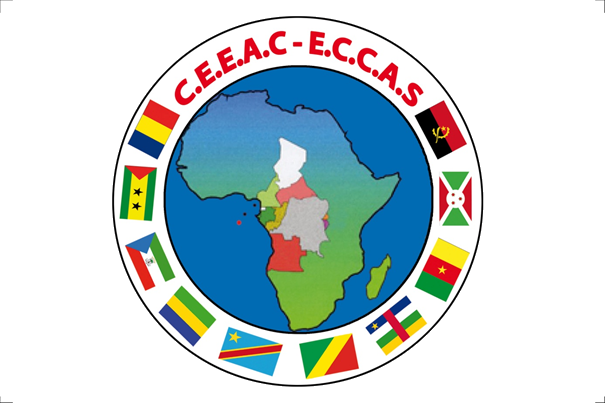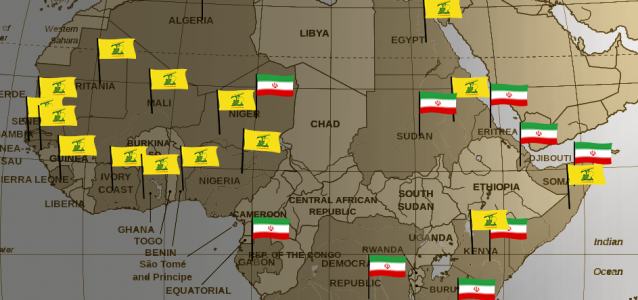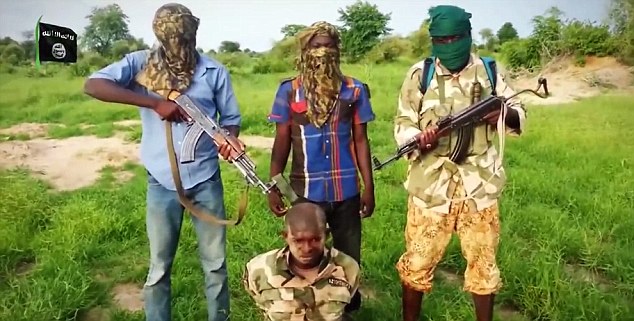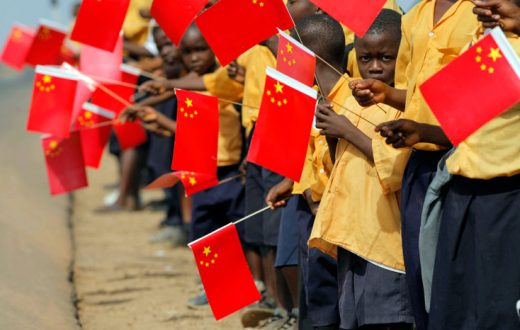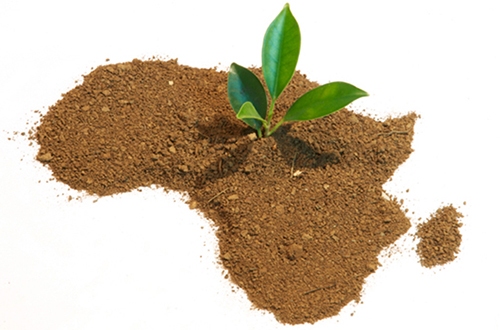Our special envoy Sam G. travelled to war-torn Somalia in order to continue our series of articles regarding Ghost Countries. Sam’s articles are a reflection of what he saw on the ground when he travelled into Somaliland, an autonomous region in the dangerous and lawless Somalia.
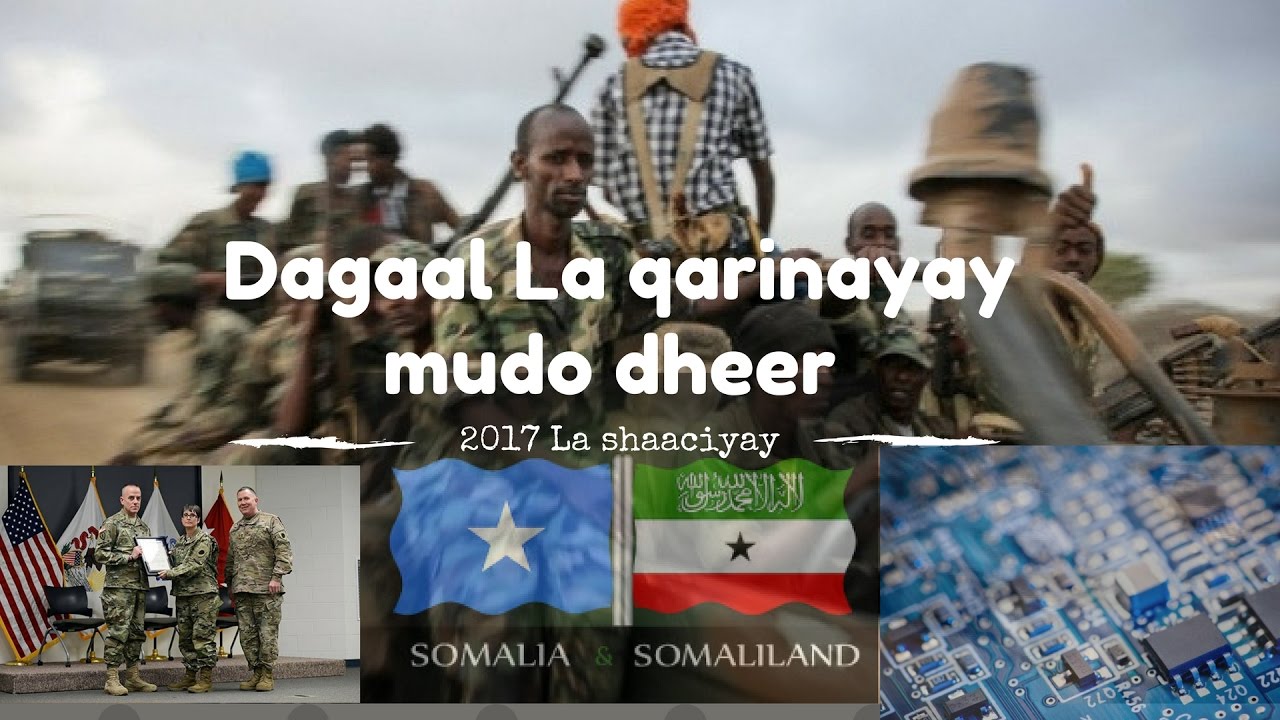
Somalia (The Federal Republic of) is internationally recognized as one homogonous state. In reality it’s a an extremely fragmented area of autonomous regions, territories controlled by the recognized government, Al-Shabaab controlled areas, and the northern region largely under the control of the unrecognized State of Somaliland. A country not only extremely fragmented, but one that has also been in a constant state of turmoil since the fall of President Barre in the early 1990s. Somalia is widely classified as a failed state and most prominently known for its rampant Islamic extremism and ‘pirates’ off of its coast.
The northern part of Somalia is known as the State of Somaliland, an unrecognized state and the most prosperous region of Somalia. Of course, Somaliland is not actually governed by the internationally recognized government in Mogadishu (it only controls small portions of the country), but rather controlled by its own government, secured with its own police and military forces, and powered economically through the use of the Somaliland Shilling (not to be mistaken with the Somali Shilling).
Just like the state itself, their currency, the Somaliland Shilling is also unrecognized and therefore worthless outside of its borders. Within the country, the currency has a value of about 8000 Shillings to 1 American dollar at the time of writing. Since the exchange rate is so high, shoppers in the country generally only use the national currency for micro-payments and the American dollar for larger ones.
That being the case, the use of cash in not as prevalent as one might think. The average Somalilander makes the majority of their payments through the use of a cell phone in the form of mobile payments and do not require cash. All of the shops in the country are equipped with the ability to accept mobile payments, from the capital city to small villages untouched by any other forms of technology. Although extremely religious and very traditional, the population has embraced technology and the thought of economic advancement from the average citizen until the highest political level.
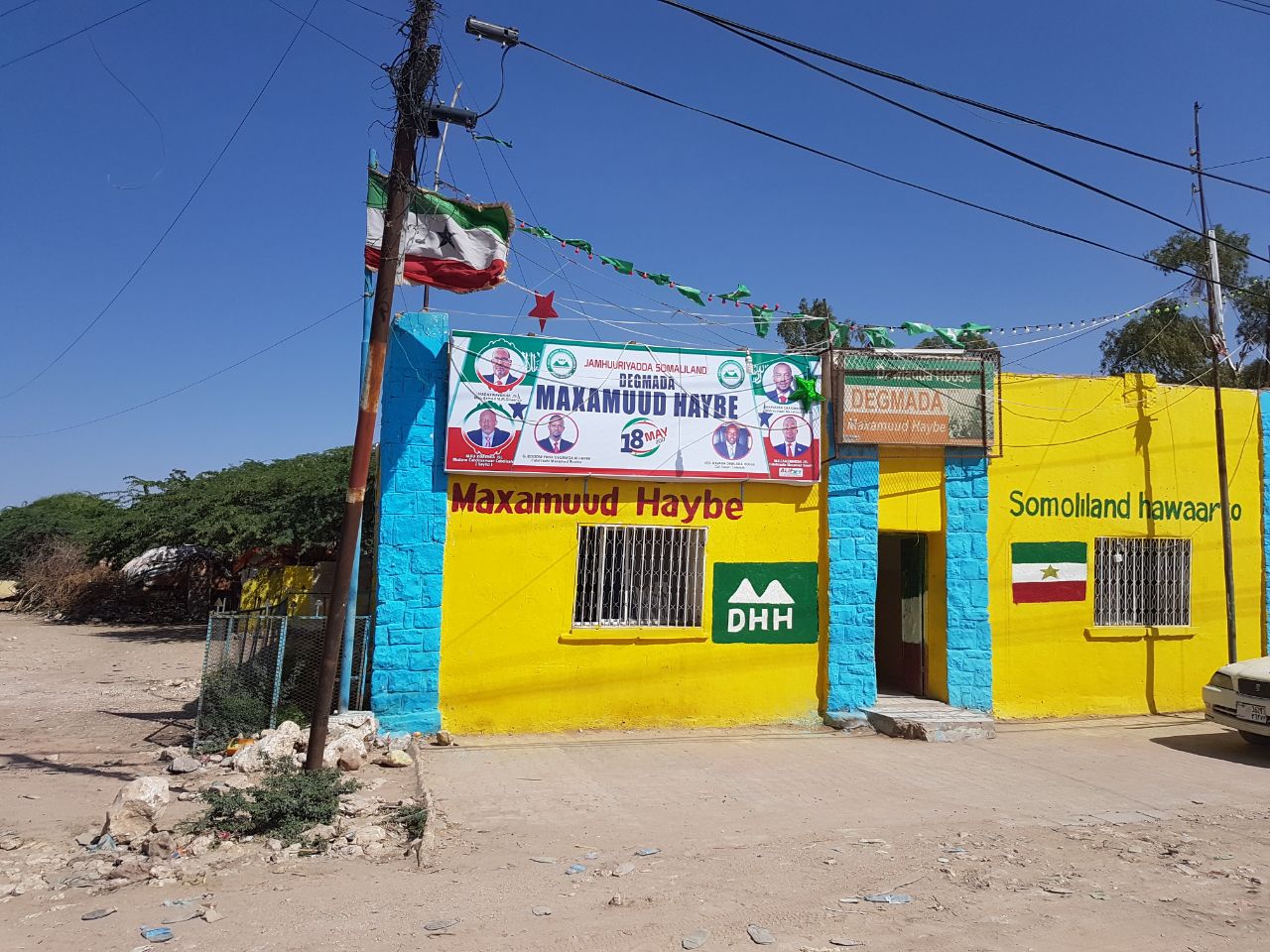
Somaliland’s borders are based on the British colonial borders that were dissolved before the briefly independent state of Somaliland became part of a larger Somalia. Until today these are the borders that are internationally recognized as Somalia. Somaliland can be considered an oasis of peace in the turbulent horn of Africa. The country is safe, largely democratic and holds a monopoly on the use of force within the Somaliland region. Bordering Djibouti, Ethiopia and the semi-autonomous region of Puntland in Somalia, (which does not seek full autonomy) the unrecognized state is protected on all sides by the Somaliland army which effectively keeps its citizens safe from groups like Al-Shabaab who seek to disrupt this peace.
Culturally and linguistically it is completely homogonous to the rest of Somalia and other regions within surrounding states that contain large populations of ethnic Somalis. As Somalia and Somaliland are clan based societies, the differences between the two countries only differ by clan-based demographics but are ethnically homogenous. So the question is why does Somaliland seek to be recognized as an independent state? During the period it was officially part of and controlled by Somalia, Somalilanders suffered economically from a government which centralized most of the country’s resources in the southern regions with its capital in Mogadishu.
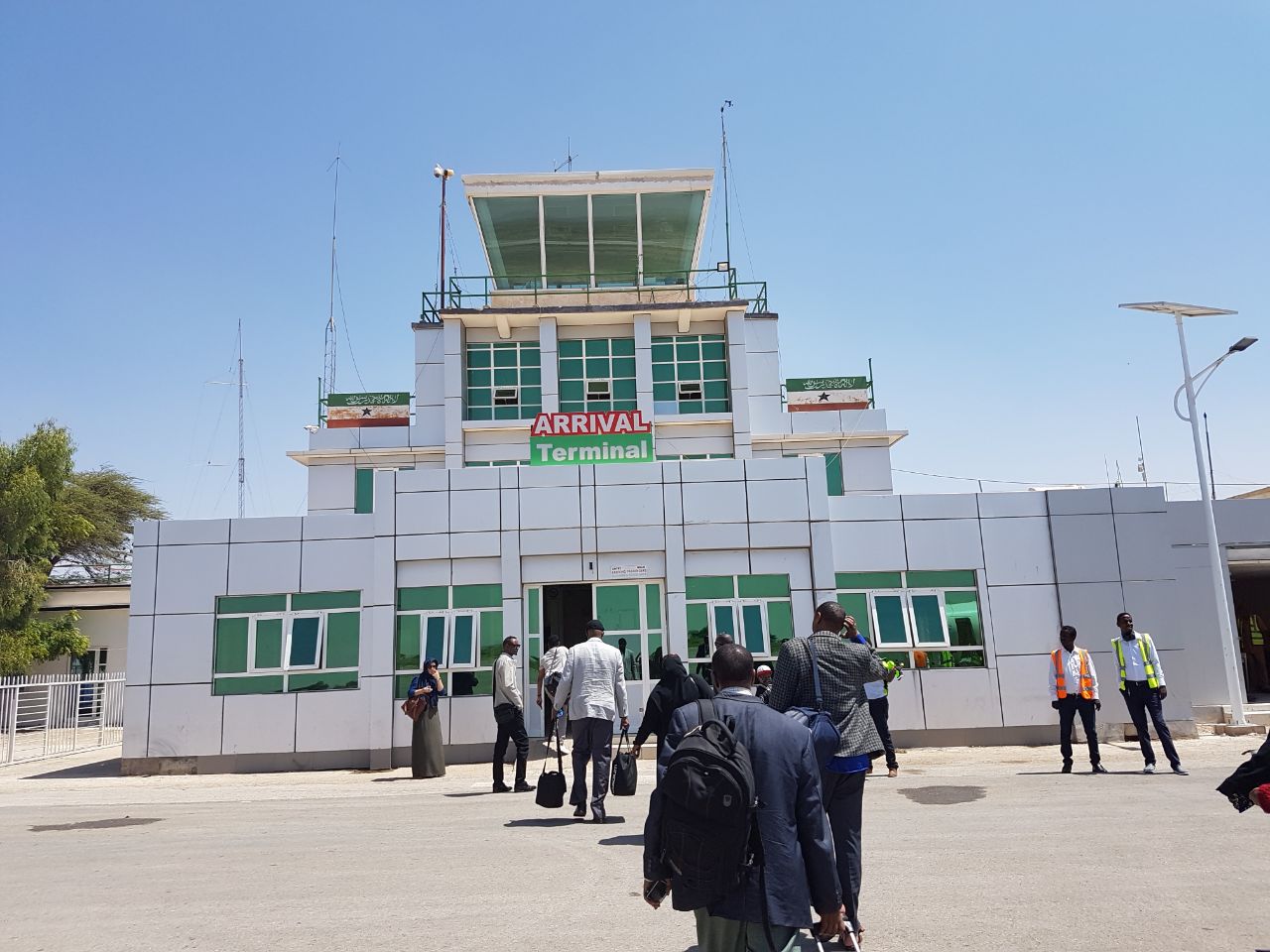
The north was far less prosperous economically and educationally and was unable to hold any political power. With the fall of the Barre regime and the breakout of the Somali civil war, Somaliland was bombarded by Somali ‘government’ jets which effectively destroyed the capital city of Hergeysa almost completely. Today, they have complete independence over their territory and have successfully created an area almost free of terrorism and other instabilities plaguing neighbouring Somalia. A truly romantic story of a ‘non-existent’ peaceful oasis in a turbulent region.
As stated in previous articles, the international community has a tough time recognizing states that unilaterally declare independence and drift from the international set of norms for establishing a state. Such is also the case of Somaliland which continues to be recognized as part of a country that is considered the blueprint for failed states. To date, many of the issues the country faces is as a result of just that, that it is unrecognized. Most countries and especially international organizations are either reluctant or unable to establish relations with Somaliland without the presence of Somalia. This policy has caused tragic hardships for the government and people of Somaliland who have just come out of a multi-year draught and had little to no international support because of the need to cooperate with the government in Mogadishu instead of the one in Hergeysa.
Although the light at the end of the tunnel seems dim, the government in Hergeysa has managed to create close and extremely important ties with neighbouring countries in the Gulf, especially with the United Arab Emirates (UAE). This is a very interesting aspect of the foreign relations of a country that doesn’t exist. On the one hand, the country drastically needs the recognition, the foreign direct investment and partnership with neighbouring countries such as the UAE.
On the other, they risk getting involved in regional turmoil which has the potential to de-stabilize the fragile peace they have achieved in their small strip of territory. The Sunni-Shia rift, which has intensified politically in past months and especially recently in the Gulf with the ‘Qatar crisis,’ Somaliland’s leaders need to act carefully in order to not be drawn into the chaos. Although, the country’s leaders officially stated that they have sided with the UAE and Saudi Arabia on the issue (for obvious reasons), this policy has created controversy within the country. Somalilanders are asking why they should be involved in a conflict that doesn’t concern them?

